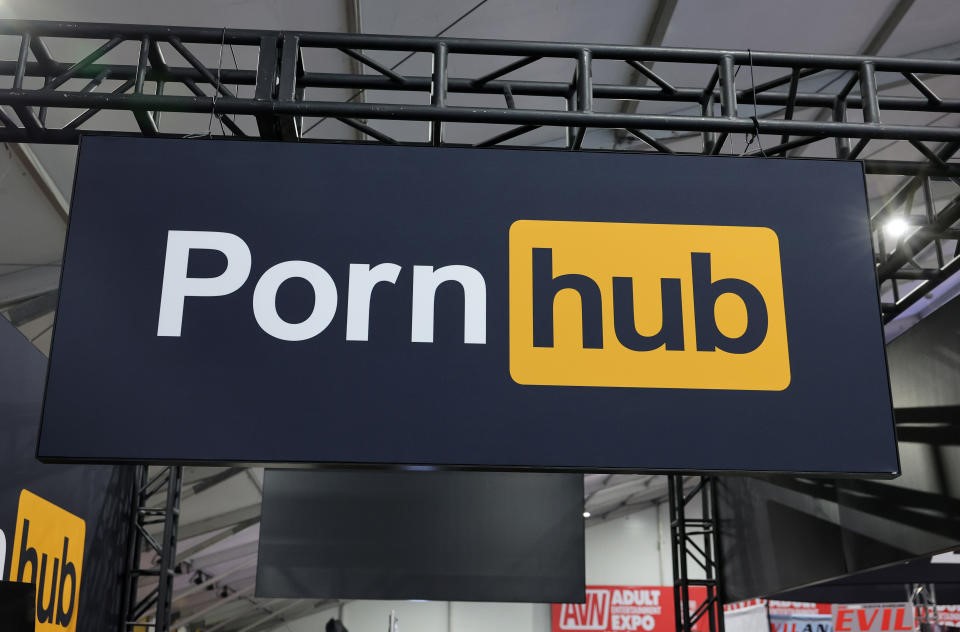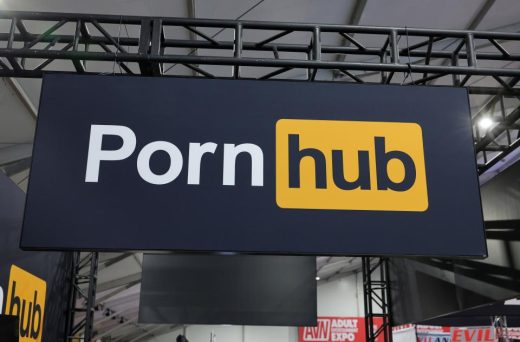Pornhub to leave five more states over age-verification laws
Pornhub to leave five more states over age-verification laws
The new laws are aimed at protecting minors, but have raised questions about broader online privacy issues.

Pornhub will cease operating in five more states this summer due to new legislation that requires age verification on adult entertainment websites. The move is in response to a wave of recently-passed laws that require porn websites and other platforms with explicit adults-only content to collect proof of their users’ ages. In all of these states, that means people would need to upload a copy of their driver’s license or other government ID, or register with a third-party age verification service, in order to use sites like Pornhub.
A blog post from Pornhub said that its latest locations for shutdowns are Idaho, Indiana, Kansas, Kentucky and Nebraska. The site said it would end operations in those states in July 2024. The website closed in Texas last week, and has also blocked access to its site in Arkansas, Mississippi, Montana, North Carolina, Utah, and Virginia in response to similar state legislation.
Lawmakers from these states who supported age-verification laws said the rules would keep children from viewing explicit content. For example, the Kentucky bill framed pornography as a “public health crisis” with a “corroding influence” on children.
Pornhub parent company Aylo has countered that the approach taken by these laws puts users’ privacy at risk and may not actually prevent minors from seeing explicit content. After Louisiana enacted a similar law last year and Aylo remained in operation with a government-supported age verification service, Pornhub traffic in the state dropped 80 percent.
“These people did not stop looking for porn,” Aylo told the Indiana Capital Chronicle. “They just migrated to darker corners of the internet that don’t ask users to verify age, that don’t follow the law, that don’t take user safety seriously, and that often don’t even moderate content.” The company advocates a device-based age verification solution rather than state legislation to keep minors off of adults-only sites.
The Electronic Frontier Foundation also raised privacy concerns around these bills, noting that no age-verification method is completely foolproof. “No one should have to hand over their driver’s license just to access free websites. That’s why EFF opposes mandated age verification laws, no matter how well intentioned they may be,” the organization said in a 2023 statement.
(14)



